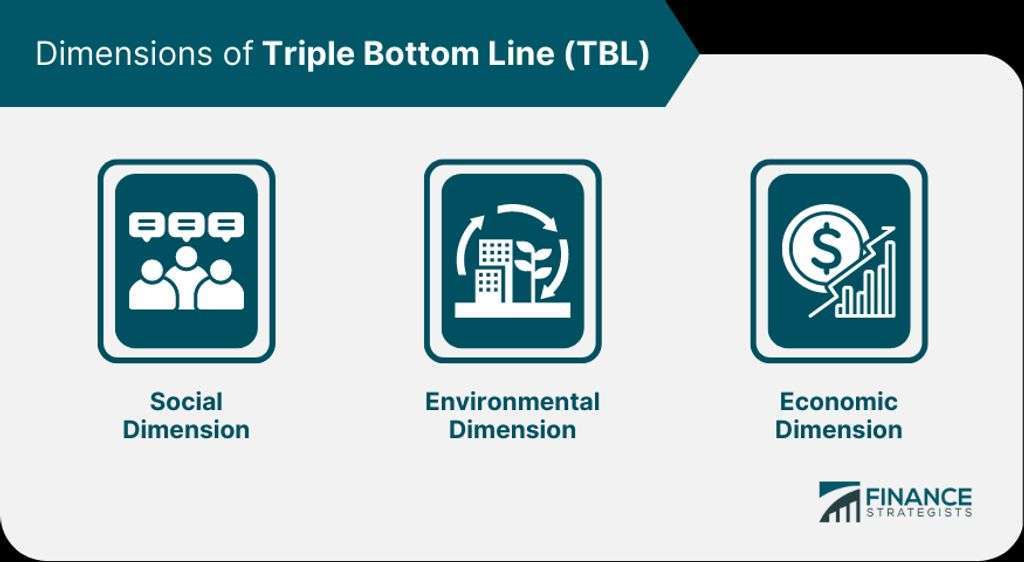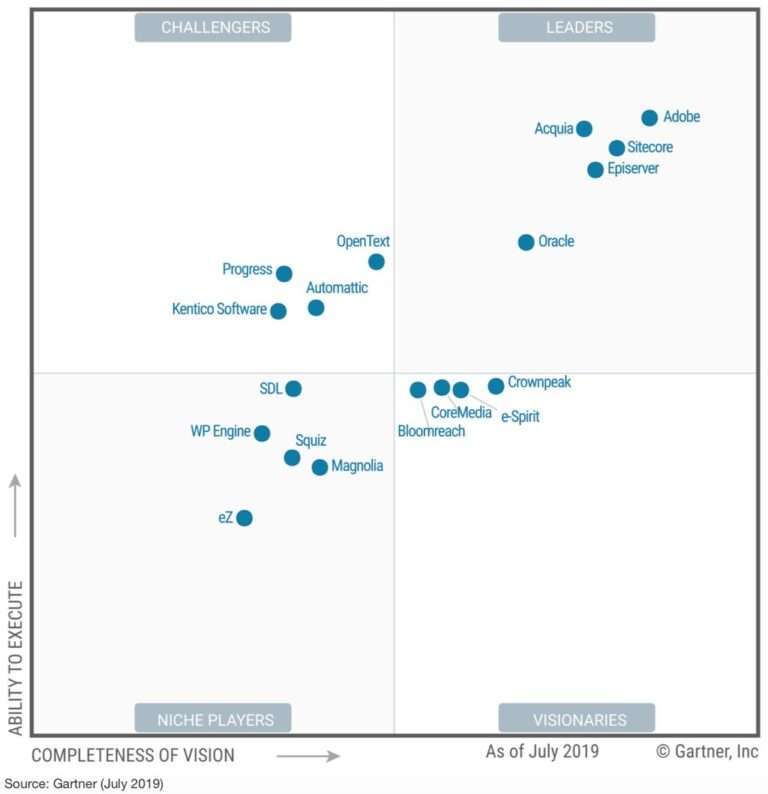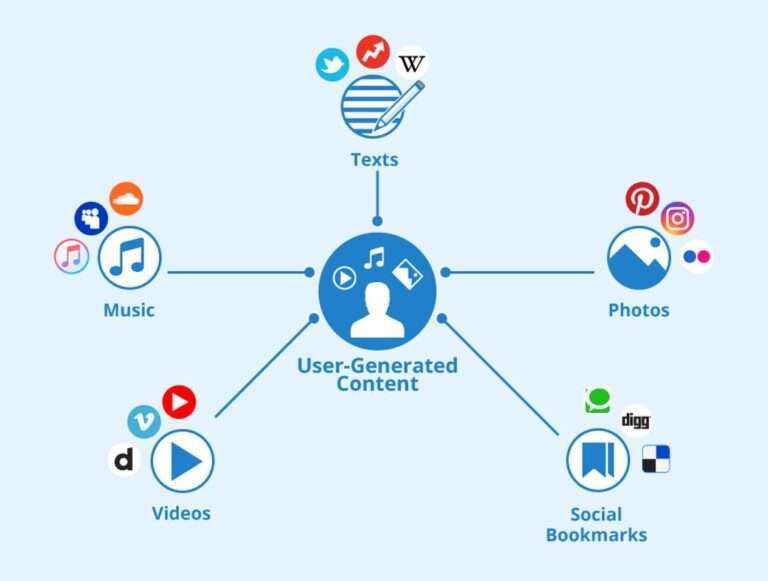What is Social Selling?
Overview
What is Social Selling?
Social selling is a powerful strategy that leverages social media platforms to connect with potential customers, build relationships, and ultimately drive sales. It goes beyond traditional sales techniques by using social media channels to engage with prospects, provide valuable content, and establish trust. By utilizing platforms such as LinkedIn, Twitter, and Facebook, businesses can tap into a vast network of potential customers and create meaningful connections. Social selling allows sales professionals to reach a wider audience, personalize their approach, and stay top of mind with their target market. It is a proactive and relationship-focused approach to selling, which can lead to higher conversion rates and increased revenue.
Benefits of Social Selling
Social selling offers numerous benefits for businesses. One key benefit is increasing brand awareness. By leveraging social platforms, businesses can reach a wider audience and showcase their products or services. Social media allows businesses to engage with potential customers on a more personal level, building trust and credibility. Additionally, social selling can lead to higher conversion rates and increased sales. By utilizing social listening tools, businesses can identify sales opportunities and tailor their approach to meet the needs of their target audience. Overall, social selling is a powerful strategy that can help businesses grow their brand and drive revenue.
Key Platforms for Social Selling
In today’s digital age, social media platforms have become essential tools for social selling. LinkedIn stands out as the most popular platform for professionals, offering a vast network of potential customers and the ability to showcase expertise through articles and posts. Twitter provides a fast-paced environment for engaging with prospects and industry influencers, while Facebook offers a wide reach and the ability to target specific demographics. Instagram and Pinterest are visual platforms that can be leveraged to showcase products and engage with a younger audience. It’s important for businesses to identify which platforms align with their target audience and focus their efforts on building a strong presence on those platforms. By utilizing these key platforms effectively, businesses can tap into the power of social selling and drive meaningful connections with their target audience.
CTA: Unifire
To learn more about how to leverage social platforms for social selling and drive sales, check out the Unifire blog for practical tips and strategies.
Building a Strong Social Selling Strategy
Identifying Target Audience
To build a strong social selling strategy, it is crucial to identify your target audience. Understanding who your potential customers are and what they are looking for allows you to tailor your content and engage with them effectively. Start by conducting market research to gather information about your target audience’s demographics, interests, and pain points. Use this data to create buyer personas that represent your ideal customers. These personas will guide your content creation and help you personalize your messaging. By identifying your target audience, you can focus your efforts on reaching the right people and increasing your chances of success.
Creating Engaging Content
Creating engaging content is a crucial aspect of a strong social selling strategy. Engaging content not only captures the attention of your target audience but also builds trust and credibility. To create compelling content, it is important to understand the needs and interests of your prospects. Conduct thorough research to identify the topics and formats that resonate with them. Use a mix of text, images, videos, and infographics to make your content visually appealing and informative. Additionally, drive website traffic by including relevant links and calls-to-action in your content. By providing valuable and engaging content, you can establish yourself as an authority in your industry and attract potential customers. Remember, the key to creating engaging content is to focus on providing value and addressing the pain points of your audience.
Leveraging Social Media for Sales
Optimizing Profiles for Maximum Impact
One of the key insights in this article is the importance of optimizing your social media profiles for maximum impact. When it comes to social selling, your profiles serve as your online presence and can greatly influence how prospects perceive you and your brand. To optimize your profiles, start by ensuring that your profile picture is professional and reflects your personal brand. Craft a compelling headline that clearly communicates your value proposition. Use keywords strategically in your bio and include links to relevant content or your website. Regularly update your profiles with engaging and informative posts to showcase your expertise and build credibility. By optimizing your profiles, you can make a strong first impression and attract the right prospects. Unifire is a powerful tool that can help you streamline the process of optimizing your profiles and managing your social selling efforts. With its features like profile optimization suggestions and content scheduling, Unifire can enhance your social selling strategy and drive better results.
Using Social Listening to Identify Sales Opportunities
Social listening is a powerful tool that allows businesses to monitor and analyze conversations happening on social media platforms. By tracking keywords, mentions, and trends, companies can gain valuable insights into customer needs, preferences, and pain points. This information can then be used to identify potential sales opportunities and tailor marketing strategies to target specific audiences. Social listening also enables businesses to stay updated on industry trends, competitor activities, and customer sentiment, allowing them to make informed decisions and stay ahead of the competition. By leveraging social listening effectively, businesses can catapult brand awareness, increase customer engagement, and drive sales.
Engaging with Prospects through Social Channels
Engaging with prospects through social channels is a crucial aspect of social selling. By actively participating in conversations and discussions on social media platforms, you can build relationships with potential customers and establish yourself as a trusted authority in your industry. Churches can leverage social channels to connect with their congregation, share inspirational content, and promote upcoming events. It is important to listen to your prospects’ needs and interests and tailor your content accordingly. Additionally, engaging with prospects through social channels allows for real-time communication and personalized interactions, which can greatly enhance the customer experience. By consistently engaging with prospects on social media, you can nurture relationships, generate leads, and ultimately drive sales.
To optimize your engagement with prospects through social channels, consider the following strategies:
- Create compelling and relevant content: Share valuable and informative content that resonates with your target audience.
- Respond promptly and professionally: Address inquiries and comments in a timely manner, demonstrating your commitment to customer satisfaction.
- Personalize your interactions: Tailor your responses and messages to each prospect, making them feel valued and understood.
- Monitor and analyze engagement metrics: Track the performance of your social media activities and make data-driven decisions to improve your engagement strategy.
By implementing these strategies, you can effectively engage with prospects through social channels and drive meaningful connections that lead to increased sales and business growth.
Ready to take your social selling to the next level? Visit Unifire to discover a powerful social selling platform that can help you streamline your social media efforts, track your performance, and optimize your engagement with prospects.
Measuring Success and ROI
Tracking Key Metrics
Tracking key metrics is crucial for measuring the success of your social selling efforts. By monitoring and analyzing important data points such as engagement rates, conversion rates, and revenue generated from social media channels, you can gain valuable insights into the effectiveness of your strategy. Identifying the most impactful metrics allows you to make data-driven decisions and optimize your social selling approach. It is important to regularly review and update your tracking methods to ensure you are capturing the most relevant data. Additionally, benchmarking your performance against industry standards can provide a benchmark for success and help you identify areas for improvement. By consistently tracking key metrics, you can refine your social selling strategy and drive better results. To learn more about how to track key metrics and improve your social selling efforts, visit Unifire for comprehensive tools and resources.
Analyzing Sales Conversion Rates
Analyzing sales conversion rates is a crucial step in measuring the success of your social selling efforts. By tracking the number of leads generated from social media platforms and comparing it to the number of actual sales made, you can determine the effectiveness of your social selling strategy. This analysis provides valuable insights into the performance of your sales funnel and helps identify areas for improvement. It allows you to identify which social media platforms are driving the highest conversion rates and adjust your approach accordingly. Additionally, analyzing sales conversion rates allows you to calculate the return on investment (ROI) of your social selling efforts, helping you justify the resources and time invested in social media marketing. By regularly monitoring and analyzing sales conversion rates, you can optimize your social selling strategy and maximize your sales potential.
Calculating Return on Investment
Calculating the return on investment (ROI) is a crucial step in evaluating the success of your social selling efforts. ROI measures the profitability of your social selling strategy by comparing the amount of revenue generated to the costs incurred. To calculate ROI, you need to track key metrics such as the number of leads generated, conversion rates, and the average deal size. By analyzing these metrics, you can gain insights into the effectiveness of your social selling activities and make data-driven decisions to optimize your strategy. It’s important to note that ROI is not just about financial gains but also about building long-term relationships and brand awareness. By leveraging social platforms, you can connect with your audience on a deeper level and establish trust and credibility. Ultimately, a strong ROI indicates that your social selling strategy is driving tangible business outcomes and contributing to your overall sales success.
Measuring success and ROI is crucial for any business. At Unifire, we understand the importance of tracking and analyzing the results of your efforts. Our innovative platform allows you to extract summaries, keywords, and titles from your podcast episodes, helping you repurpose your content and reach a wider audience. With our powerful tools, you can measure the success of your podcast and calculate your return on investment. Start optimizing your content today and see the impact it can have on your business. Visit Unifire now!








